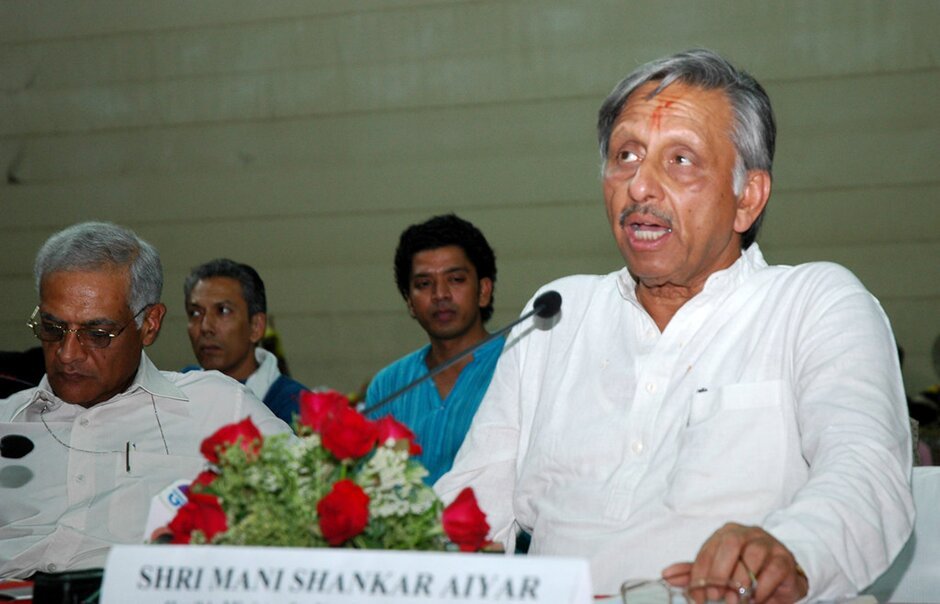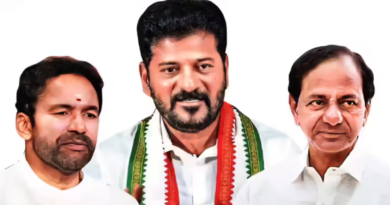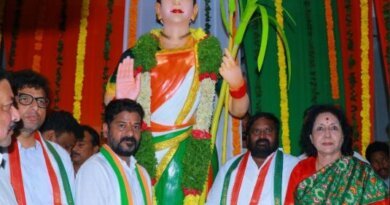Mani Shankar Aiyar’s Pakistan Remarks Ignite National Backlash

In a statement that has sent shockwaves across India’s political landscape, senior Congress leader Mani Shankar Aiyar has stirred intense controversy by questioning Pakistan’s involvement in the April 22 Pahalgam terror attack. His remarks, made during a televised interview, have sparked widespread outrage and reignited debates over national security and political accountability.
Aiyar asserted that no international body—including the United Nations or the United States—has officially held Pakistan responsible for the attack that claimed 26 lives. He further claimed that India has failed to present convincing evidence linking Pakistani agencies to the incident, stating, “Only we are saying Pakistan is behind it, but no one is willing to believe us.”
The backlash was swift. BJP leaders condemned Aiyar’s comments as “dangerous propaganda,” accusing him of undermining India’s counterterror efforts and demoralizing its armed forces. Union Home Minister Amit Shah reiterated that Pakistani identification documents were recovered from the slain terrorists during Operation Mahadev, a joint mission by the Army, CRPF, and J&K Police that neutralized the attackers near Srinagar.
The controversy deepened as BJP spokespersons pointed to Operation Sindoor, a cross-border strike that reportedly eliminated over 100 terrorists and targeted nine hideouts in Pakistan and PoK. They emphasized that the UN Security Council’s monitoring panel had flagged the role of The Resistance Front (TRF), an offshoot of Lashkar-e-Taiba, in the Pahalgam attack.
Aiyar’s remarks have also drawn criticism from within political circles, with some accusing Congress of indulging in vote-bank politics and weakening India’s global stance against terrorism. The timing of the statement—just months before national elections—has added fuel to the fire, prompting calls for disciplinary action and public accountability.
While Aiyar defended his position by citing the findings of an all-party delegation led by Shashi Tharoor, which reportedly found no international support for India’s claims, critics argue that such statements risk emboldening hostile foreign powers and eroding public trust.
As the debate intensifies, the incident has become a flashpoint in India’s political discourse, raising urgent questions about the balance between free speech, national interest, and responsible leadership.




